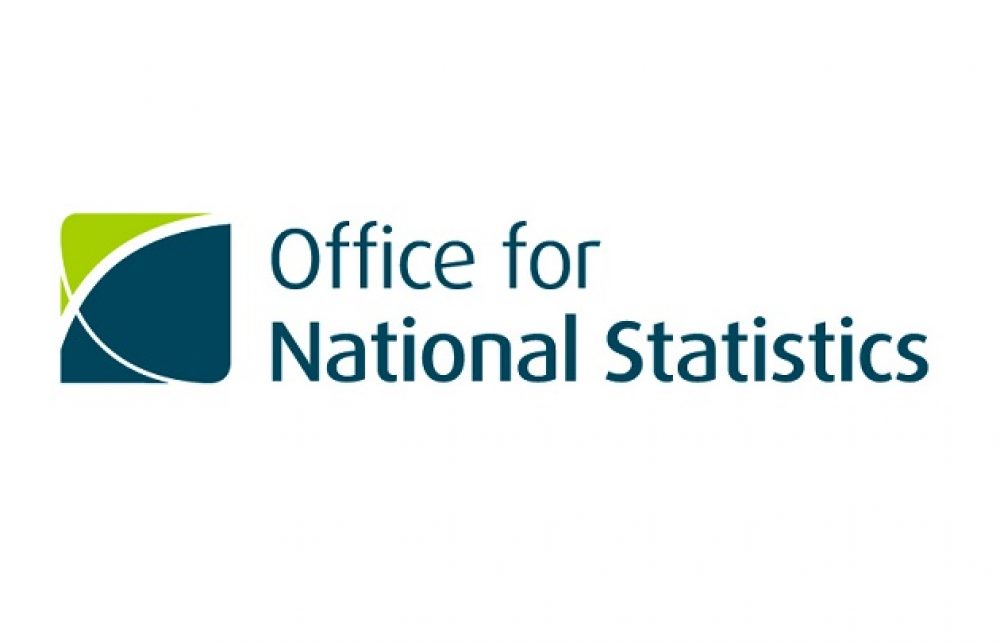Latest official statistics have shown the proportion of young people not in education, employment or training (Neet) in the UK has continued its downward trend.
An Office for National Statistics (ONS) report published today said that there were 922,000 16 to 24-year-old Neets between April and June this year — a decrease of 21,000 from January to March 2015 and down 44,000 from a year earlier.
The figures meant 12.7 per cent of the total number of 16 to 24-year-olds in the UK (7,258,000) were Neet, which the ONS said was the lowest figure during any quarter-period over the last five years.
The proportion of Neets among 16 to 24-year-olds for April to June was 0.3 per cent down on the previous quarterly figures for January to March, and 0.5 per cent lower than the figure for the same three monthly period last year.
The report added: “Just under half (47 per cent) of all young people in the UK who were Neet were looking for work and available for work and therefore classified as unemployed.
“The remainder were either not looking for work and/or not available for work and therefore classified as economically inactive.”
The government, which had previously refused to acknowledge the ONS UK figures, has also put out its own report today using different figures based on its own rules and covering just England.
It showed that the proportion of 16 to 24-year-olds who were Neet had fallen by 0.4 percentage points to 13.1 per cent, down 23,000 compared to the same period last year, and the lowest level since 2004.
The figures for 16 to 18-year-old Neets had fallen by 0.6 percentage points to 7.5 per cent, representing a fall of 11,000, which is the lowest level since 2000, and 19 to 24-year-olds Neets had fallen by 0.3 percentage points to 15.7 per cent, a reduction of 12,000 on last year.
Skills Minister Nick Boles said: “Today we have yet more evidence this government is delivering on its commitment to get all young people either learning or into work.”
“While the proportion of young people NEET is at its lowest for this time of the year since 2004, we will not stop there.
“Our focus remains firmly on equipping all young people with the skills they need — not least through our pledge to deliver 3 million new apprenticeships in this Parliament.”









The number of NEETS has now hit a low point because plenty of FE and sixth form college courses have been available locally in most areas of the UK. The cuts will change all that as colleges struggle to survive. Courses that attract few students are being axed and some colleges will close whole departments that are too expensive to run. In areas that are not densely populated the only college in the local area will not be able opportunities for students to study whatever they want. Wide choices of A level subjects won’t be available at smaller sixth form colleges and vocational training will only be available at FE colleges that can attract plenty of students in that discipline.
In a year or two the NEET numbers will go up again and some students will find themslves in limbo as they can’t get the education/training they need to progress onto higher education or an apprenticeship.
“… not least through our pledge to deliver 3 million new apprenticeships in this Parliament.”
A government pledge is often a pipe dream rather than a serious credible target. This is like a previous pledge to reduce “immigration to tens of thousands”. It failed as expected because the government had little control and did not understand parties involved, the motives for profit and the scale of the challenge. The same applies with the dream of creating 3 million new apprenticeships.